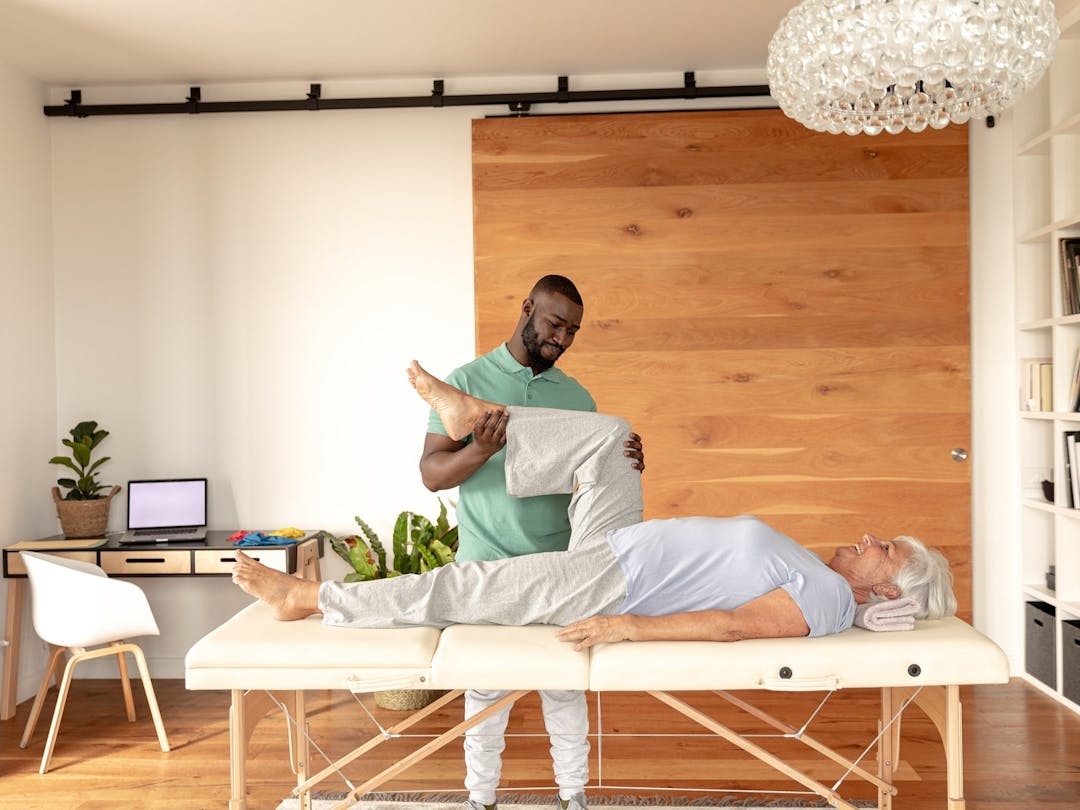
Vitamin D is a fundamental nutrient, but many of us aren't getting enough. Learn how much you need, how to get it, and whether taking supplements will help.
Vitamin D is a fundamental nutrient for people of all ages. The vitamin helps the body absorb and maintain phosphorus and calcium, both of which are needed for strong and healthy bones. Not getting enough vitamin D increases your risk of developing osteoporosis.
"Osteoporosis is a common condition in older age and can lead to vertebral fractures, causing pain,” Dr. Mike Bohl, who sits on the medical expert board of Eat This, Not That!, told the website. “Calcium and vitamin D can give you your best chance of maintaining strong bones, including in the back."
A deficiency of vitamin D can lead to other health problems, as well, including depression and heart disease. A recent study showed that vitamin D deficiency leads to premature death. Another study published in the journal Alzheimer’s and Dementia linked low vitamin D to an increased risk of dementia.
How much Vitamin D do you need?
For adults aged 19 to 70 years old, the recommended daily amount of vitamin D is 15 mgs (micrograms), or 600 IU (International Units). For adults over 70, the recommended amount is 20 mcg, or 800 IU.
Unfortunately, many people aren’t getting enough of it. According to the NIH, about 42% of U.S. adults are vitamin D deficient.
Worried about osteoporosis? Learn about Medicare coverage for bone density tests.
There are many reasons why you might not be getting enough vitamin D, including insufficient sun exposure, poor nutrition, and health conditions that affect how well your body absorbs and uses vitamin D.
How to get enough vitamin D
Getting regular sun exposure — about 10 to 30 minutes a day — for several days a week (preferably every day) is a natural way for many people to get enough vitamin D. (Quick PSA: While the sun certainly provides a lot of health benefits for our bodies, be sure to wear sunscreen every day to protect that beautiful skin against skin cancer and sun damage!)
But where you live might prevent you from getting adequate sunlight. For example, if you live in a place that is rainy and gray for a lot of the year, you will not get enough vitamin D by simply going outside.
Sun exposure also might not offer enough vitamin D for people with darker skin. That’s because the more melanin your skin has, the more it absorbs the sun’s UVB rays, making them unavailable for vitamin synthesis. People who wear full coverage clothing that does not expose skin to the sun are also less likely to receive sufficient vitamin D.
Beyond the sun, a few foods contain high amounts of vitamin D, including fatty fish like salmon, mackerel, sardines, and herring. You’ll also find a lot of vitamin D in fish liver oils. Smaller amounts of the vitamin occur in albacore tuna, egg yolks, and some types of mushrooms. Several foods are also fortified with vitamin D, including milk, orange juice, and some cereals.
Learn about eating healthy on a budget.
Finally, you can buy vitamin D supplements, which you can find over-the-counter at most major drugstores. Supplements are available for both vitamins D2, which comes from plants, and D3, which comes from animals, in supplement form. Some studies have shown that D3 may be better than D2 at raising the body’s vitamin D levels.
New questions about vitamin D supplements
Vitamin D supplements are often marketed to help keep bones healthy and strong, but lately there have been some questions as to whether they’re as helpful as was once thought. A large study published this past summer in the New England Journal of Medicine found the supplements did not significantly lower the risk of bone fractures. (The study did find that people with Crohn’s and celiac disease benefited from vitamin D supplements.)
To be clear, you absolutely still need vitamin D! The study simply puts into question whether getting vitamin D from a supplement provides the same benefits as you get from the sun or food.
If you’re curious about your vitamin D levels, ask your doctor to do a standard blood panel to get them checked. And if you are currently taking vitamin D supplements to prevent fractures or other diseases, be sure to talk with your doctor about whether you should continue the daily vitamin.
Do you have Medicare questions? We have answers.
When it comes to Medicare, one plan definitely does not fit all. At ClearMatch, it’s our mission to match you to the policy that best serves your unique needs. It’s all we do, and we do it better than anyone. Check out our extensive library of articles for answers to your Medicare questions. Or, compare plans in your area to get started finding the policy that’s right for you.
Additional Resources
Should I Stop Taking My Daily Aspirin?
Internal Website Link
Camping Not Just For Kids
Internal Website Link
Get Out Of Your Food Rut!
Internal Website Link



